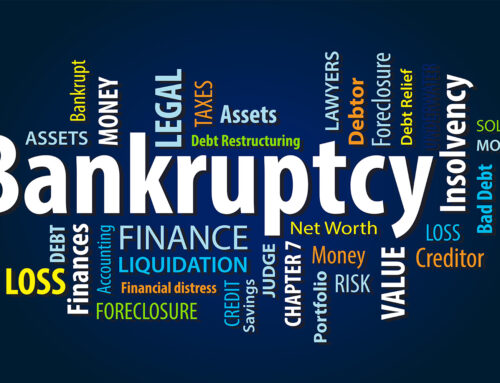There are times when declaring bankruptcy is the best possible solution to serious financial problems, but only if it is done carefully and correctly.
Filing for bankruptcy is sometimes the best solution to financial troubles. However, it could be more harmful than it is helpful if done incorrectly. If you want to be fully prepared for whatever you may face when filing for Chapter 7, seek out the help of an experienced bankruptcy attorney instead of attempting to do it yourself. In addition to seeking assistance, you should research how filing for bankruptcy will directly affect your current bank accounts before you choose to move forward.
Keeping Your Bank Account
If you are counting on keeping any amount of money protected in your bank account, you may be in for a disappointment. While bankruptcy will almost never close a checking or savings account, the money held in your accounts may be subject to being claimed by the trustee. Fortunately, there are several exemptions where you may be allowed to set aside some of your money and not have it all taken by the trustee.
Filing Paperwork Correctly
When filing paperwork, it is crucial to be thorough. Along with the paperwork that needs to be filed for declaring bankruptcy, there are additional forms that directly concern your bank accounts and outstanding debts. In order to avoid facing fraud allegations, you must claim each of your accounts. With the assistance of a bankruptcy attorney, you can rest easy knowing that no crucial documents will be overlooked.
Common Exemptions
There are many exemptions that you can qualify for when filing for bankruptcy. When claiming an exemption, it is understood that you will use the money that you have protected for a specific purpose outlined by the exemption, unless specifically stated otherwise. Although each state has different rules concerning exemptions, here are some that are relatively common.
- Wildcard—This exemption will allow you to keep up to a pre-determined amount of money for your own personal use.
- Child Support—If you are required to pay child support, you can set aside some of the cash in your bank account to continue making payments, even after declaring bankruptcy.
- Wages—Part of your most recent paycheck may be exempt. If that paycheck is already in the bank, it is protected.
With the help of an experienced bankruptcy attorney like Brent George Law in Thousand Oaks, finding out which exemptions that you qualify for is a breeze. While you may be tempted to try to be your own lawyer, it is not advisable. When dealing with a sensitive filing process such as this, missing crucial paperwork or not claiming exemptions are mistakes that you can’t afford to make.
If you are considering bankruptcy and you are concerned about protecting the money in your bank accounts, call Brent George Law for a consultation.






